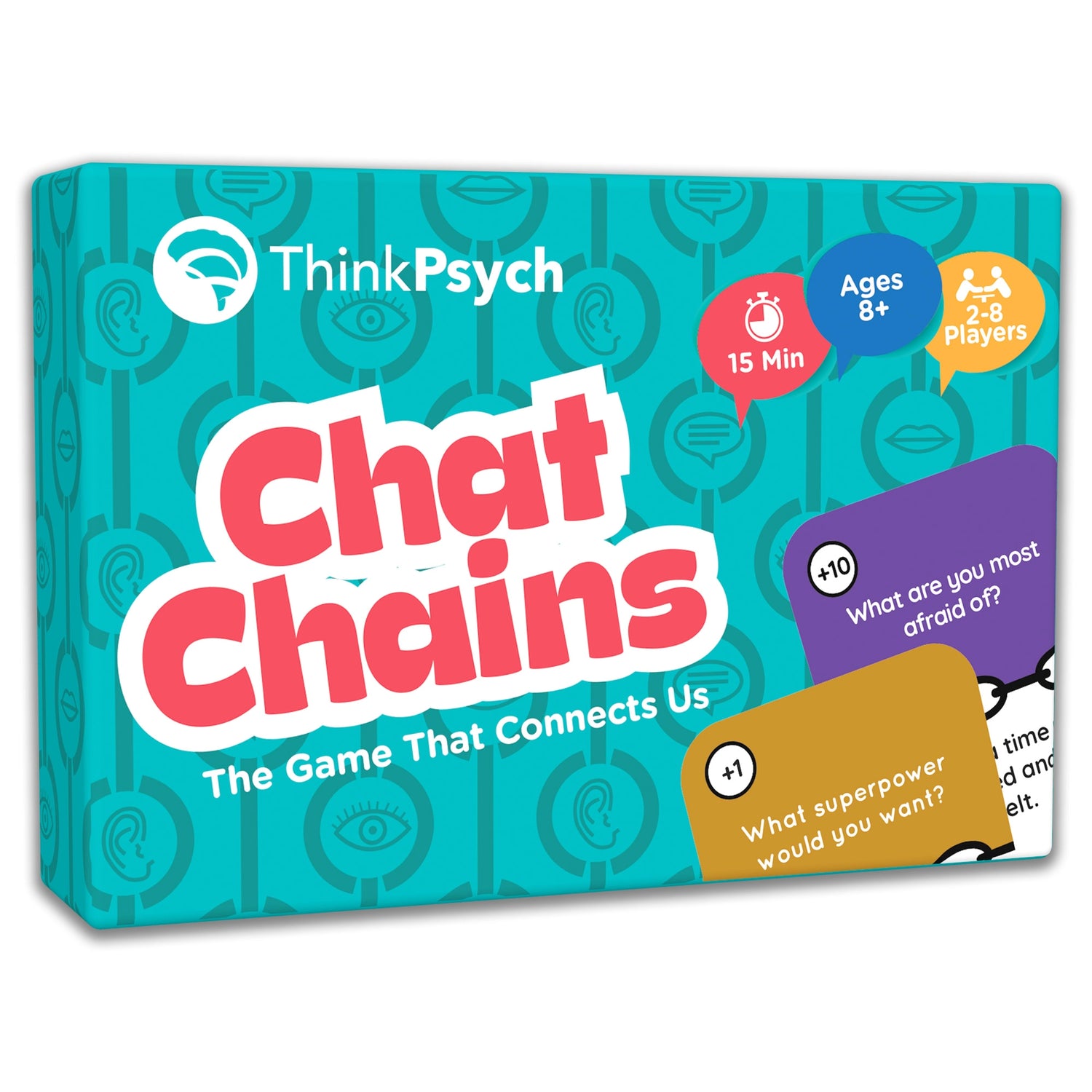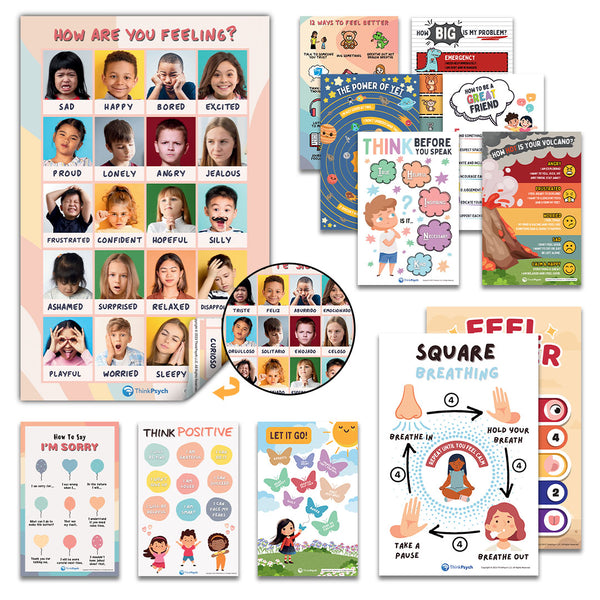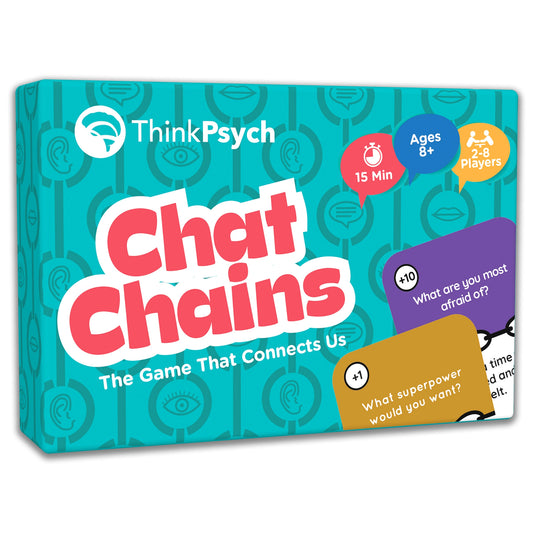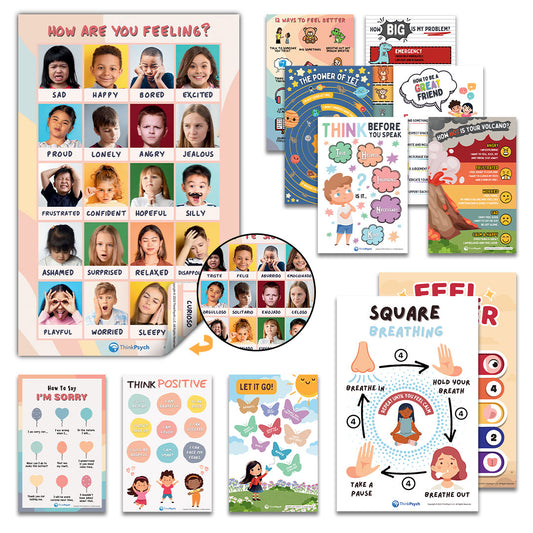
Supporting Siblings of Children with Autism
Share
The sibling relationship is one of life’s longest-lasting relationships. Sibling interactions in any family can be complex. It’s not uncommon to see them happily playing together one minute, then fighting the next. Siblings of children with autism often have many of the same experiences as neurotypical sibling relationships. However, siblings of a child with autism may also experience unique challenges as they navigate their day-to-day world. While every family’s dynamics are different, there are many common threads. These challenges may affect the sibling’s emotional, social, and academic functioning. Thus, it is vital for families to establish a strong support system and for professionals to include siblings in family interventions to help them navigate these complexities.
Challenges Siblings of Children with Autism Experience
No two families are equally alike. Many siblings are well-adjusted and have excellent familial relationships. However, research does indicate that siblings of children with autism may be at an increased risk for negative outcomes. A meta-analysis from 2019 found that siblings of children with autism had a higher likelihood of outcomes that include internalizing behavior challenges and poor psychological and social functioning. More specifically, siblings of autistic children were found to be at higher risk for symptoms of anxiety and depression.
It bears repeating that not all siblings of a child with autism will experience increased challenges that differ from those of neurotypical sibling relationships. However, some of the common potential challenges include:
Feelings of inequality. Siblings of children with special needs may struggle with differences in the way they are treated compared to their autistic sibling. They may notice that their sibling tends to receive more parental attention, gets accommodations in their day-to-day activities that they don’t, and is disciplined differently. Oftentimes parents also unintentionally place higher expectations on their neurotypical child, leading to resentment.
Feeling unsafe. Not every child with autism engages in harmful behaviors. However, siblings of children who do may experience feeling unsafe or concerned about their brother or sister engaging in behaviors such as damaging their belongings or physically harming others.
Feeling confused. When a child is taught that certain behaviors are expected, it can be confusing to see other children, especially their own siblings, engage in behaviors that go against the norm or the rules. They may also feel confused because they are not sure how to best interact with or support their sibling.
Educate Siblings about Autism
Explaining your child’s diagnosis to their siblings can go a long way in helping them better understand and cope with the challenges that come along with it. Parents can explain the common symptoms of autism and relate them to the sibling’s own behaviors. Providing resources such as age-appropriate books and movies that explain autism in easy-to-understand language can help as well.
In addition to educating siblings about autism from a generic standpoint, it’s important that they understand what an autism diagnosis means specifically for their sibling. Use this as an opportunity to explain the ways their sibling is unique–including both the amazing things about them and some of the areas where they need extra assistance as well. You might also want to explain why they attend therapies or receive in-home care, including what the goal of these therapies is.
A few areas to highlight when explaining autism include:
- The way their sibling’s brain works is a little different than the way theirs does
- Autism is not contagious
- Their sibling’s behaviors and challenges are not done on purpose (they’re not doing it to be “naughty”)
- Autism is a spectrum disorder, so the way it affects each person is different
- Many people have autism; Highlight other people they know who have autism or talk about well-known/famous people who do
- The challenges their sibling has are not anyone’s fault
Attend Support Groups
With the unique life experiences siblings of children with autism may have, they might feel alone or isolated. Sibshops or other support groups created for siblings of children with autism allow these children an opportunity to meet and bond with other children who experience similar challenges. Research on Sibshops has found over 90% of participants reported a positive effect on the feelings they had towards their siblings. Additionally, 67% reported that they learned coping strategies in their Sibshop. If you don’t have support groups in your area, look into virtual options as an alternative.
Customer Favorites From Our Store
Schedule 1:1 Time
When a family has a child with higher needs than the others, this often results in an imbalance of attention. It’s important for each member of the family to have dedicated time with their parents without their other siblings present. Carve out time in your schedule that you can place your full attention on each child individually. This could be something simple like spending time reading books after their sibling goes to bed. Or it could be an event outside of the home like a walk to the park or a trip to the movies. Seeking respite care may be an excellent option for ensuring you have time to dedicate to your other child(ren).
Seek Therapy or Other Family Support
The mental health and well-being of each child is vital for long-term development. Therapy can help siblings work through their feelings, receive support with coping strategies, and gain a better understanding of their sibling’s diagnosis. Attending family therapy with your neurotypical child can also support open communication and ensure you’re meeting the needs of each child.
It Takes a Village
Supporting siblings of children with autism through individualized measures is vital for promoting their emotional and social development. With therapy and support groups, siblings can gain a stronger understanding of what autism means for their brother or sister and learn effective coping strategies for when life gets challenging. By providing a safe space for them to express their feelings and concerns, you can help them develop positive relationships and improve their overall well-being. As the old saying goes, it takes a village. Don’t be afraid to reach out to family, friends, and professionals for support and guidance.
References
Johnson, A. B., & Sandall, S. (2005). Sibshops: A Follow-Up of Participants of a Sibling Support Program. University of Washington, Seattle
Shivers, C. M., Jackson, J. B., & McGregor, C. M. (2019). Functioning Among Typically Developing Siblings of Individuals with Autism Spectrum Disorder: A Meta-Analysis. Clinical child and family psychology review, 22(2), 172–196. https://doi.org/10.1007/s10567-018-0269-2
Wheeler, M. (2019). Siblings perspectives: Some guidelines for parents. Retrieved from Siblings perspectives: Some guidelines for parents.

























